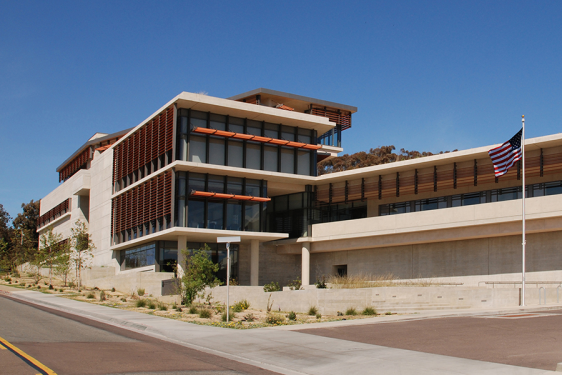PSL Co-organizes NOAA Workshop on North Pacific Ecosystem Tipping Points
The ESRL Physical Sciences Laboratory (PSL) co-organized a NOAA Workshop focused on North Pacific Ecosystem Tipping Points, to be held December 8–9, 2015, and hosted at NOAA's Southwest Fisheries Science Center in La Jolla, California. The overarching goal of the workshop is to bring together interdisciplinary marine scientists to identify changing climate-driven thresholds that, when exceeded, may lead to tipping points in marine ecosystems of the North Pacific and the management actions that may be taken in response. The intent of the workshop is to advance understanding of regional effects of climate change and ocean variability and vulnerability to minimize disruptive impacts, to guide adaptation choices to best manage future changes, and to inform sustainability strategies to ensure the continued benefits of healthy and productive marine ecosystems.
Workshop Goals
- Identify potential climate thresholds that may lead to ecosystem tipping points, consequences to the ecosystems once thresholds are crossed, and management actions in preparation for, or in response to, changes in ecosystem state.
- Identify potential leading indicators of ecosystem tipping points. Potential species include: sardine-anchovy regimes, shifts in composition of invertebrate populations (e.g., zooplankton, krill, gelatinous species, squid), and salmon returns.
- Identify potential mechanistic linkages between climate forcing, indicator species, and ecosystem tipping points. This will require selection of past extreme events as analogs of future change, as well as outlining the framework for the implementation of Climate and Earth System models to project ocean drivers and potential ecosystem response, and the needed coupled physical-biological models to identify mechanistic linkages.
- Highlight examples of how ecosystem tipping points can impact fisheries, fisherydependent communities, and vulnerable species.
- Identify species in the region that may be most susceptible to ecosystem shifts.
- Identify opportunities to better apply and integrate climate tipping point data and information into fisheries stock assessments and management decisions.
Posted: December 7, 2015
